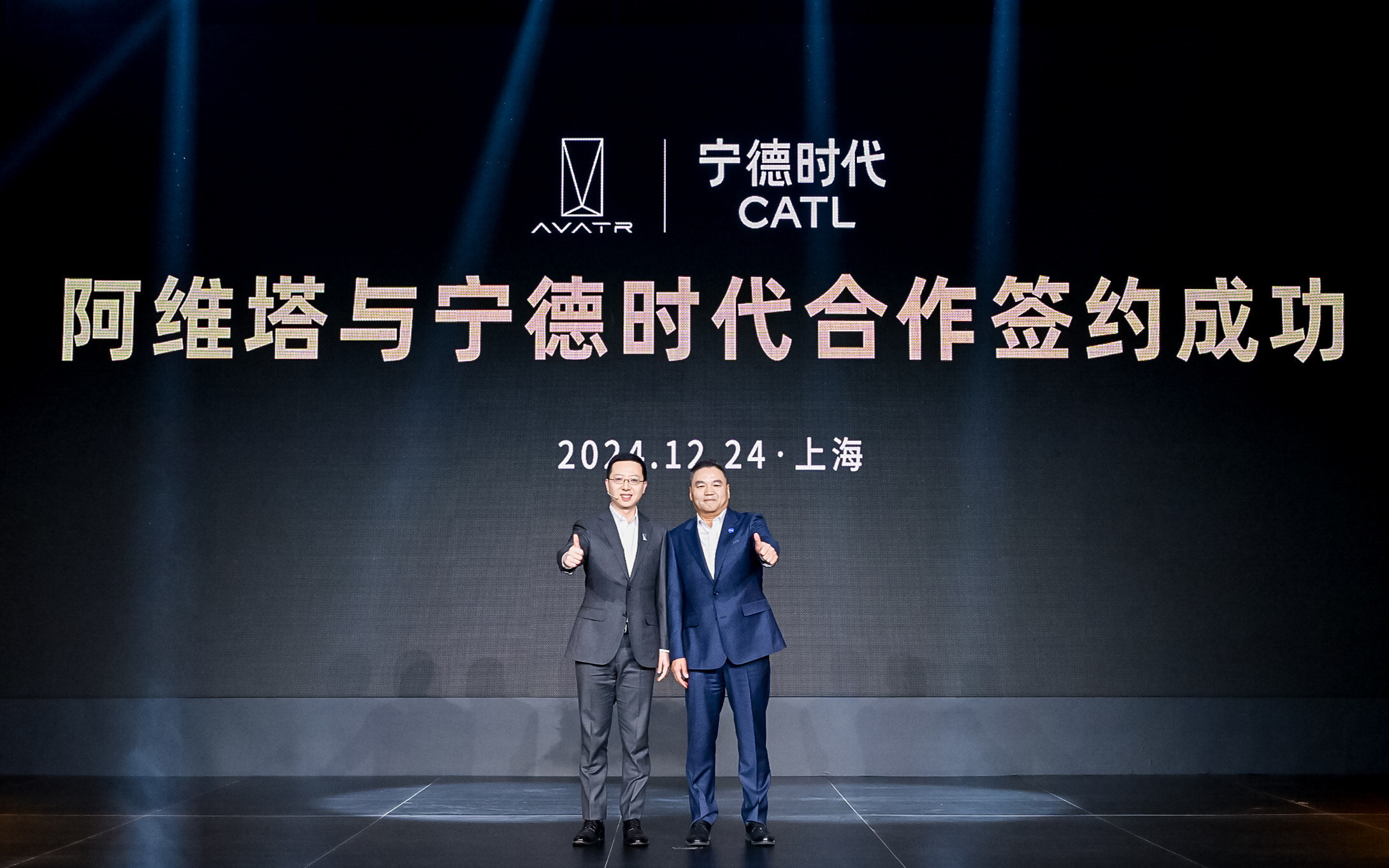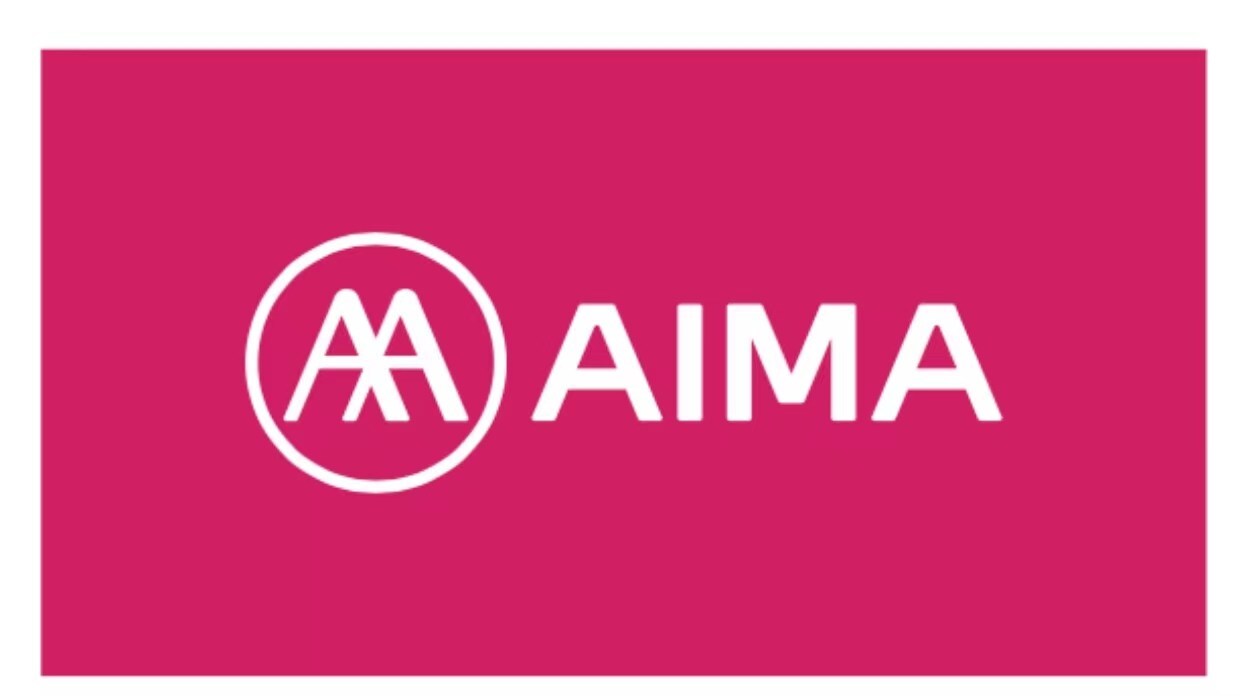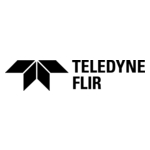Precision BioSciences to Present at the European Society of Gene & Cell Therapy (ESGCT) 31st Annual Congress
Investor and Media Contact:
Naresh Tanna
Vice President of Investor Relations
naresh.tanna@precisionbiosciences.com
Precision BioSciences, Inc. (Nasdaq: DTIL) is an advanced gene editing company utilizing its novel proprietary ARCUS® platform to develop in vivo gene editing therapies for sophisticated gene edits, including gene insertion which is necessary for diseases where a defective gene is remedied by expression of a new DNA sequence, today announced a poster presentation at the upcoming European Society of Gene & Cell Therapy (ESGCT) Congress being held October 22-25, 2024, in Rome, Italy.
Presentation Details:
Title: High-efficiency homology-directed insertion into the genome using engineered homing endonucleases
Poster Number: #PO678
Presenter: Adam Mischler, PhD, Senior Scientist, Precision BioSciences Gene Discovery
Date and Time: Thursday, October 24, 2024, 6:00-7:30pm CEST
About Precision BioSciences, Inc.
Precision BioSciences, Inc. is an advanced gene editing company dedicated to improving life (DTIL) with its novel and proprietary ARCUS genome editing platform that differs from other technologies in the way it cuts, its smaller size, and its simpler structure. Key capabilities and differentiating characteristics may enable ARCUS nucleases to drive more intended, defined therapeutic outcomes. Using ARCUS, the Company’s pipeline is comprised of in vivo gene editing candidates designed to deliver lasting cures for the broadest range of genetic and infectious diseases where no adequate treatments exist. For more information about Precision BioSciences, please visit www.precisionbiosciences.com.
The ARCUS platform is being used to develop in vivo gene editing therapies for sophisticated gene edits, including gene insertion (inserting DNA into a gene to cause expression/add function), elimination (removing a genome, e.g., viral DNA or mutant mitochondrial DNA), and excision (removing a large portion of a defective gene by delivering two ARCUS nucleases in a single AAV).
View source version on businesswire.com: https://www.businesswire.com/news/home/20241016444782/en/

 Business wire
Business wire 












Add Comment